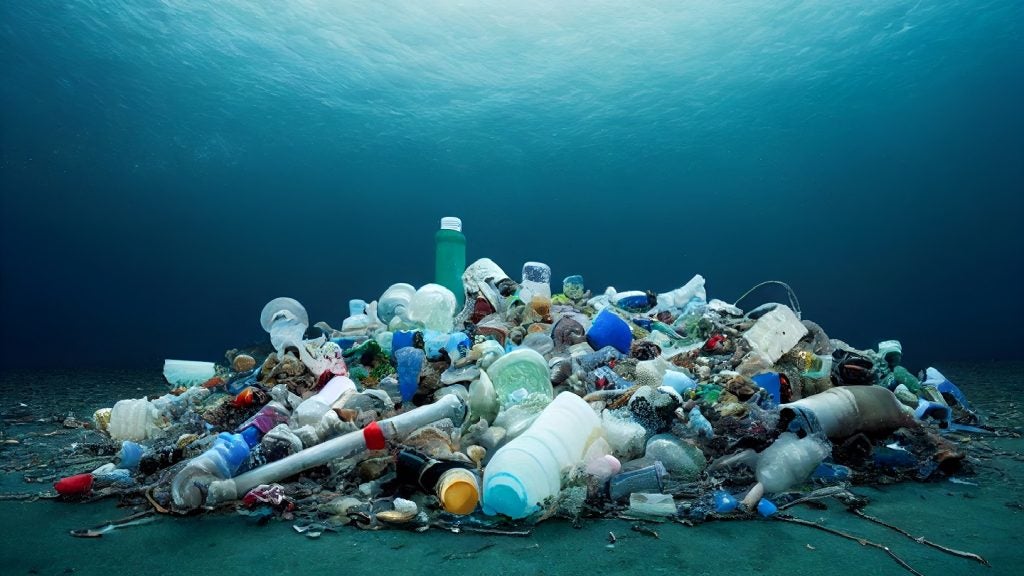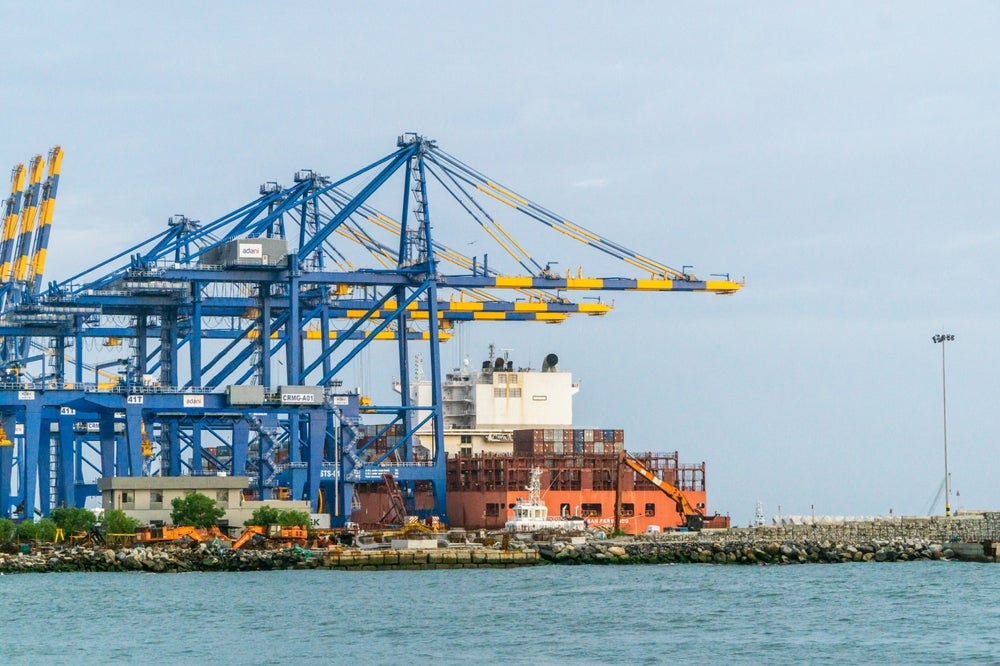The Global Plastic Treaty negotiations, led by the United Nations (UN), commenced in Busan, South Korea. The international agreement is being negotiated by approximately 175 countries.
This fifth session of the UN Intergovernmental Negotiating Committee (INC-5) will continue until 1 December with the objective of establishing an international legally binding agreement on plastic pollution by year-end.
Should an agreement be finalised during INC-5, the treaty's final draft will be presented at the UN Diplomatic Conference of Plenipotentiaries in June 2025.
The upcoming UN Global Plastics Treaty aims to be the first extensive international effort to regulate plastic materials. Its goals include reducing production levels, prohibiting certain chemicals, and setting ambitious recycling targets.
Meanwhile, the leaders and the group calling for a “comprehensive” reassessment argue that relying solely on recycling does not provide an adequate response to the issue of plastic pollution. They describe it as a temporary fix or a ‘band-aid solution’ that fails to confront the underlying problem of plastic waste generation.
The movement is spearheaded by sportswear brand Mover, which is focused on plastic-free products, and includes organisations such as EA Earth Action, a consultancy focused on environmental issues, A Plastic Planet and the Centre for International Environmental Law (CIEL).
The coalition encourages global policymakers to adopt a significant shift in approach, advocating for the integration of effective strategies aimed at addressing the fundamental causes of plastic pollution within the framework of the UN Treaty. This would involve phasing out unnecessary plastic production.
Data from Earth Action suggests that each person generates an average of 28kg of plastic waste annually, leading to a total of 220m tons globally each year. Despite advancements in managing plastic waste, Earth Action forecasts an increase of approximately 7.11% in global plastic waste generation from 2021 to 2024.
By 2024, it is expected a third of plastic waste will be improperly managed at its end-of-life stage, potentially resulting in 69.5m tons entering oceans and landfills.
Mover and its partners oppose framing recycling as the primary solution within the UN Treaty. Instead, they support a strategy focused on reduction that encourages the adoption of plastic-free alternatives across various sectors.
Mover Plastic-Free Sportswear founder Nicolas Rochat said: “The recycling issue diverts attention from the root problem: the overproduction of plastic. According to the OECD, measures to promote plastic recycling will result in a tripling of global plastic production and therefore of toxic emissions that affect human health and the environment. In areas where alternatives can be developed, we need to embrace them and encourage others to do the same. Because recycling plastics means recycling the problem."
EA Earth Action founder Julien Boucher added: “Relying on recycling to address the plastic crisis is not enough. The current rate of plastic recycling barely scratches the surface. The complexity of plastic materials and poor infrastructure mean most plastic is never truly recycled. Without reducing overall plastic production, recycling will continue to be a band-aid solution that cannot stem the tide of plastic waste."
A Plastic Planet's co-founder Siân Sutherland agreed, but pointed out: “This isn’t just about replacing one material with another. It’s about reimagining our entire consumption model. The plastic crisis is a gateway for us to catalyse innovation, reduce plastic use, redesign products, and think way beyond trying to give this toxic material one more use, one more life, when we know, it is so damaging to nature and to all life.
CIEL Environmental Health Program's director David Azoulay maintained that society must address these concerns head-on. He explained: "Relying on recycling and continued plastic use will only prolong these health risks. We first need to reduce our dependence on plastics. And for the plastic that we will still need, we need to fully detoxify the plastic supply chain. Without such a detoxification, the only circularity we are looking at is a circularity of harm and toxic impacts."















